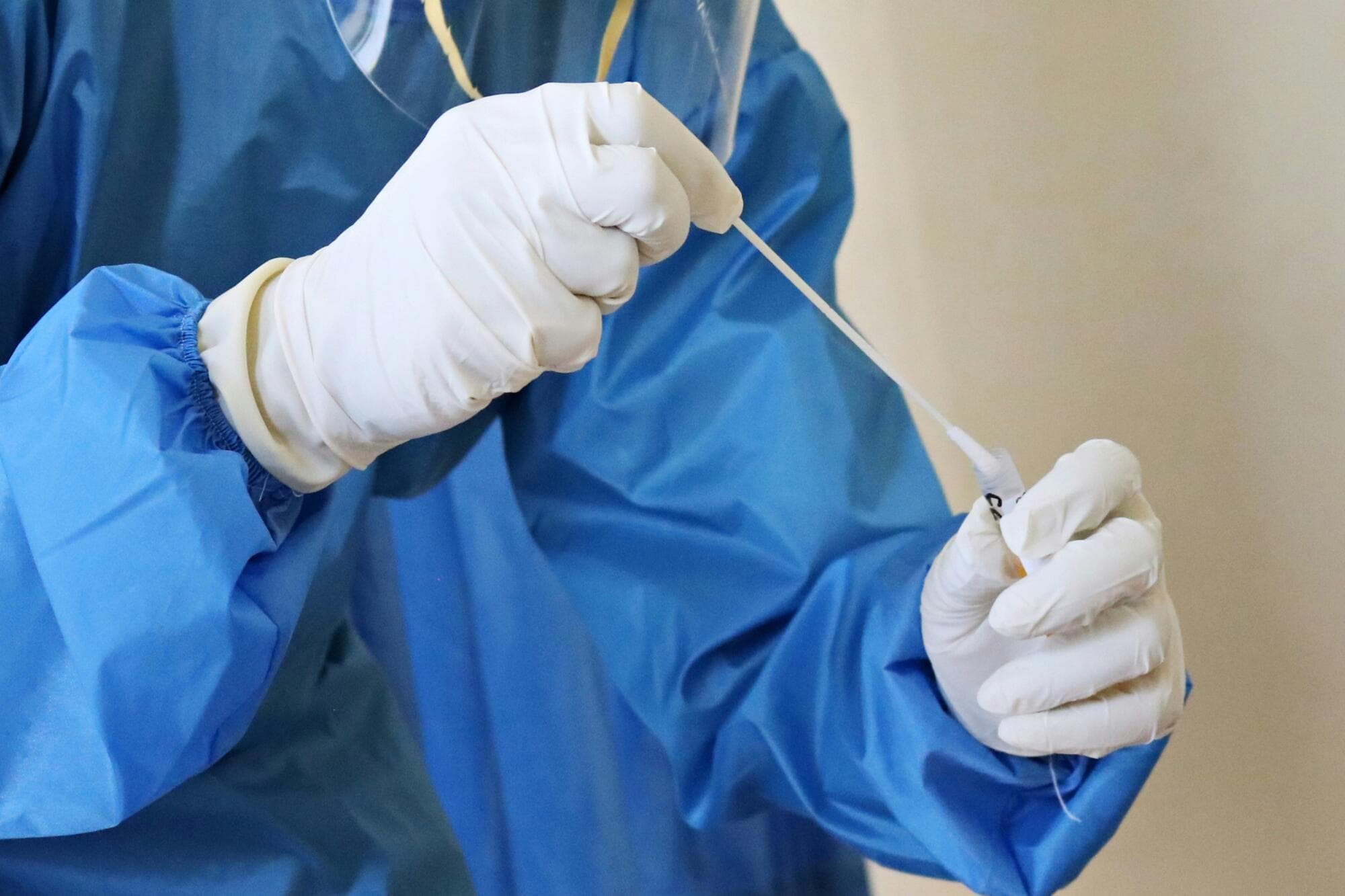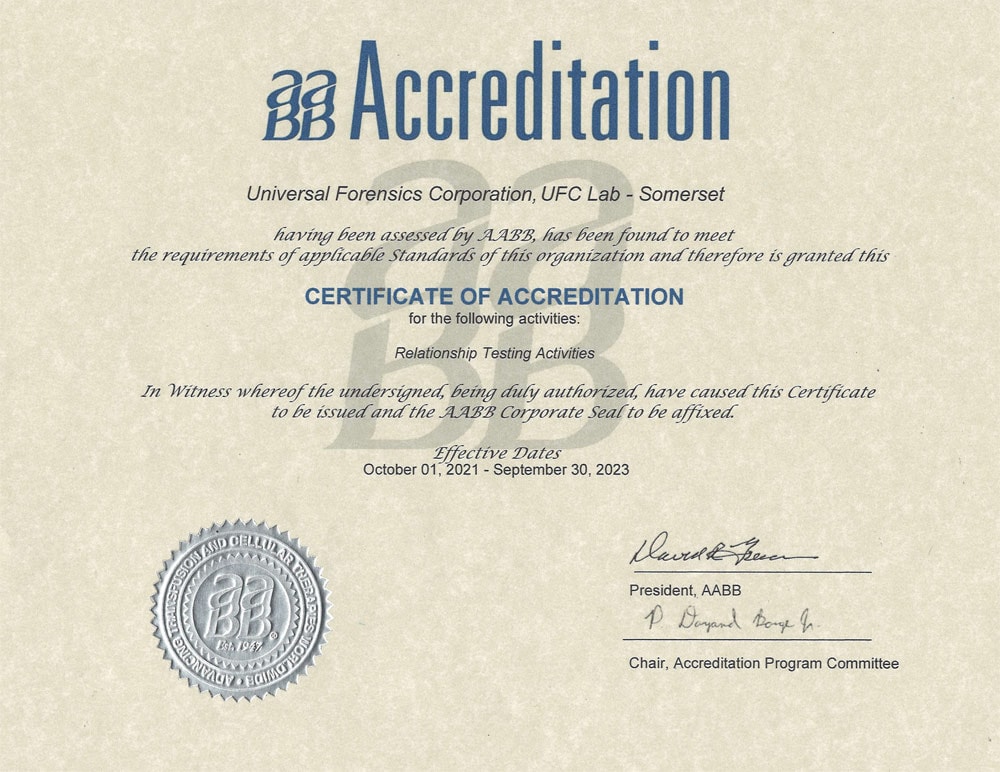Is It Illegal to Do a DNA Test Without Consent? Find Out Here

As of early 2019, over 26 million people had taken at-home DNA tests, according to the MIT Technology Review . With the increasing accessibility of these tests, questions about the legality of collecting and submitting someone else’s DNA without their consent have become more prevalent. So, is it illegal to do a DNA test without consent?
The answer varies depending on jurisdiction and specific circumstances. In some regions, unauthorized DNA testing can lead to legal consequences, while in others, the laws may be less clear. This article will delve into current DNA test consent laws, explore DNA testing privacy rights, and provide guidance on how to navigate the complexities of DNA testing responsibly.
Understanding these aspects is crucial to ensure ethical practices and to protect personal privacy. Let’s examine the legal landscape surrounding DNA testing and consent.
What Are the Legal Requirements for DNA Testing?
Before diving into the legal risks, it helps to know what’s actually required by law.
DNA testing isn’t automatically legal just because the test is available online. Rules change depending on your state and what the test is being used for.
When Consent Is Required
Some situations make consent absolutely necessary. Others give legal exceptions. The most common scenarios include:
-
Child custody
-
Workplace screening
-
Immigration cases
-
At-home family testing
In most private cases, you’ll need written permission from the person being tested.
Consent requirements for DNA testing are stricter when the results could impact someone’s rights or reputation.
When It May Not Be Required
There are situations where courts can order testing without consent. These include:
-
Criminal investigations
-
Civil court orders
-
Paternity disputes handled through the legal system
If a judge orders it, you don’t need approval from the individual being tested.
But don’t assume this gives you a free pass. State-level DNA test consent laws still apply; and some have zero tolerance for unauthorized testing.
When Is It Illegal to Do a DNA Test Without Consent?
Even though DNA kits are widely available, it is illegal to do a DNA test without consent in many real-life situations.
Laws across the United States treat unauthorized DNA testing seriously. Whether it’s done out of curiosity, suspicion, or even for peace of mind, the legal system doesn’t always view it as harmless.
Examples of Illegal Testing
There are specific cases where testing someone’s DNA without their permission can lead to legal trouble. Common examples include:
-
Testing a spouse to check for infidelity
-
Swabbing a child without the other parent’s approval
-
Collecting DNA from a coworker without informing them
These situations might feel personal, but the law sees them as a privacy violation. In some states, unauthorized testing is a misdemeanor. In others, it may lead to civil lawsuits; especially if the person tested suffers emotional or reputational harm.
Even if the test is never mailed in, collecting the DNA without consent can still count as a violation.
Civil and Criminal Consequences
The legal implications of DNA testing depend on the state. Some focus on criminal penalties. Others allow the person tested to sue for damages.
In either case, there’s a real legal risk; especially when the testing is done without clear, documented permission.
If you’re thinking about doing a DNA test without consent, it’s not just an ethical issue. It could become a legal one too.
DNA Testing and Privacy Rights You Should Know
Genetic information is personal; and legally protected. In the U.S., individuals have the right to control how their DNA is collected, used, and stored.
This includes protection under laws like HIPAA, which sets strict rules on how medical data is handled. While not every DNA test falls under HIPAA, many third-party labs follow similar privacy standards.
When you use a lab like ReliaLab Test, your results are treated as confidential health data. That means:
-
Results are only shared with authorized individuals
-
DNA samples are stored securely
-
Personal information isn’t disclosed without written consent
These protections help ensure that customers stay in control of their genetic information at every stage of the process.
But here’s the catch: just because you can buy a test online doesn’t mean you can use it on someone else. Submitting another person’s DNA without their permission is where legal problems start.
DNA test consent laws exist to protect people from exactly that kind of misuse. And DNA testing privacy rights are becoming even more important as technology advances.
If you wouldn’t take someone’s medical file and share it, you shouldn’t take their DNA either.
Consent matters; every single time.
What Happens If Someone Does It Anyway; and How to Protect Yourself
Doing a DNA test without consent isn’t just risky; it can have real consequences.
In many states, unauthorized testing can lead to lawsuits or criminal charges. The legal implications of DNA testing may include fines, misdemeanor charges, or court-ordered damages. If the person being tested can prove harm, they may be entitled to compensation.
Even if there’s no lawsuit, the test itself may be useless. Courts often reject DNA evidence that was collected without permission. Without documented consent, the results might not hold up; especially in custody or inheritance cases.
The bottom line? If it’s not legally collected, it might not count legally either.
To stay protected, follow these simple steps:
-
Choose CLIA-certified labs
-
Ask for written consent every time
-
Learn the consent requirements for DNA testing in your state
These steps don’t just protect you legally; they also build trust with the person being tested.
If you think your DNA may have been used without permission, you have rights. DNA testing privacy rights exist for a reason, and you have every right to act if they’ve been violated.
Is It Illegal to Do a DNA Test Without Consent?
Is it illegal to do a DNA test without consent? In many cases, yes. Depending on your state and the situation, unauthorized testing can lead to legal action or dismissed results.
DNA test consent laws exist to protect privacy. Everyone has the right to control their own genetic information; and DNA testing privacy rights are taken seriously.
ReliaLab Test offers legal, secure, and accurate DNA testing services. We even provide non-invasive prenatal paternity testing; safe, early, and risk-free for the baby.
Need help? Contact our team to get started the right way.








